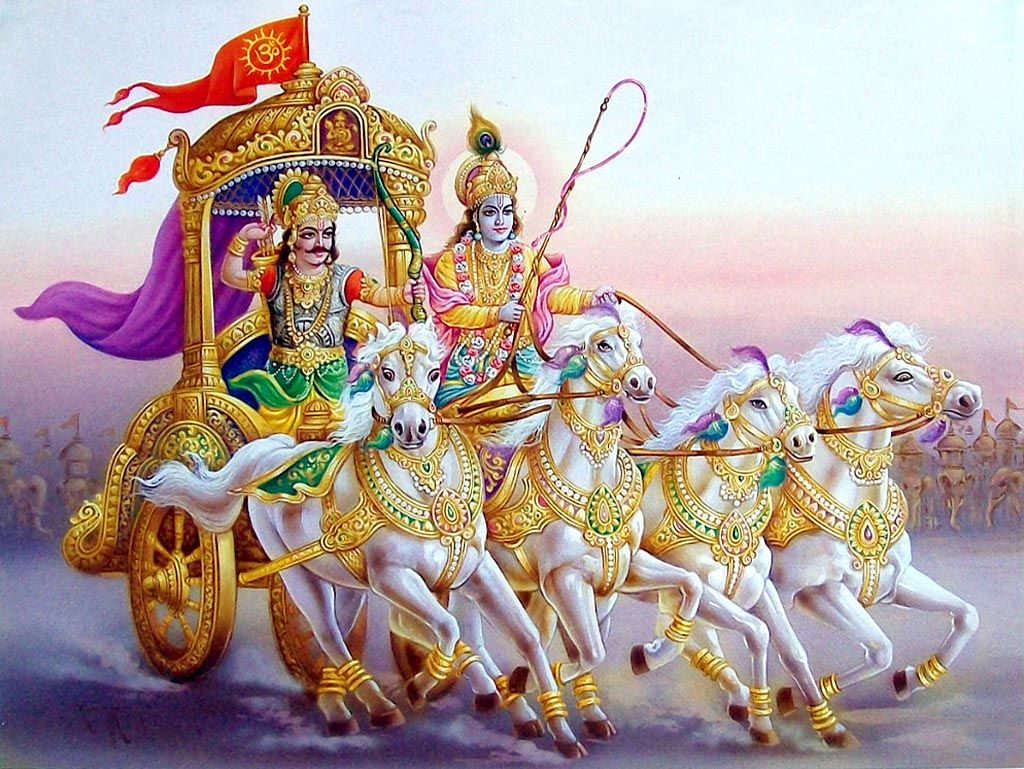Mahanidhi Madan Gopal Das
Because they are the ideal periods for meditation and divine absorption, the three best times to chant Hare Krishna nama japa are:
1) Early Morning: 3 AM to 6 AM
2) Half Hour Before Sunrise: New Delhi today appx. 545 AM—615AM
3) Half Hour Before Sunset: New Delhi today appx. 6PM—630PM
Timings will vary according to your location.
The following answer regarding why these are the best meditation periods comes from the Vedas, Upanisads, Yoga and Mantra sastra, and from the tradition and experience of enlightened souls past and present.
Period one is called the Brahma Muhurta period because these three hours are sattvika, serene, saturated with prana, and blessed with the vibrations of visiting saints, rishis and devas like Rishi Narada and Sri Brahmaji.
During this time, many liberated souls and elevated saints are wandering over the earth (especially in Vrndavana and other divine dhamas) to see and bless anyone performing spiritual sadhana during these three precious hours.
Period two and three are very unique because for everyone, ONLY at these two time junctures i.e. night to day and day to night the air passing through both nostrils is equal and balanced. In yogic terms, this means the heating Sun breath moving through the right nostril (pingala), and the cooling Moon breath moving through the left nostril (ida) are both equal.
When the air flows equally in both nostrils, the Sushumna nadi activates and alters the body chemistry so that meditation becomes EASY. All physical and mental desires are suspended. The mind becomes calm because no mental fluctuations exist at these times.
The synergistic balance of the Moon and Sun breaths at these two times enables one to have mystic experiences, spiritual visions and darsana of one’s beloved ista-devata such as Radha-Govinda. All human beings breathe through both nostrils just before death.
In other words, these are the easiest and most beneficial times to deeply meditate on the meaning of the maha-mantra, and the transcendental forms and pastimes of Radha and Krishna.
To take advantage of these amazingly, auspicious times, temples and devotees daily worship their ista-devatas just before sunrise (mangala aratika), and just before sunset (sandhya aratika).
It is a phenomenon that every day about half hour before sunrise the temperature drops and the wind blows. Why? The sadhus say the wind is caused by the swift departure of the visiting rishis and devas returning to their celestial abodes. As the saints wander the earth before sunrise, at dusk, Mahadeva Siva and his associates roam the planet to bless the devotees doing bhajan then, and harass the impious engaged in sense pleasures.
IN SUMMARY
Pranayama and meditation are vast subjects. We just shared a few points to help devotees get the best from their Hare Krishna nama japa. Basically, the idea is you that should arrange your daily schedules so at one, two or even all of these special three times, you are sitting peacefully chanting japa.
For example, if you are busy family person and can’t get up at 3, 4, or 5AM—then at least make sure you are chanting japa during the 30-40 minutes before sunrise or later before sunset. You can do all other things after this.
Before chanting diksa mantras one must fully bathe, apply tilaka and dress in clean clothes. However, for Hare Krishna nama japa no ritual or physical purity is needed. Just wash your face, feet, hands, do acamana, sit down, chant and meditate.
Absorbed Hare Krishna japa ki jai! Jai Jai Sri Radhe!

